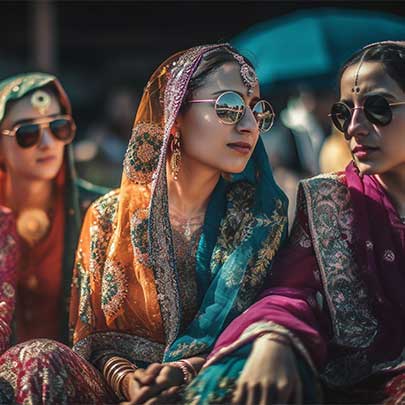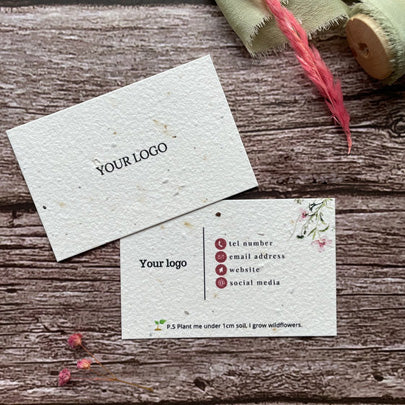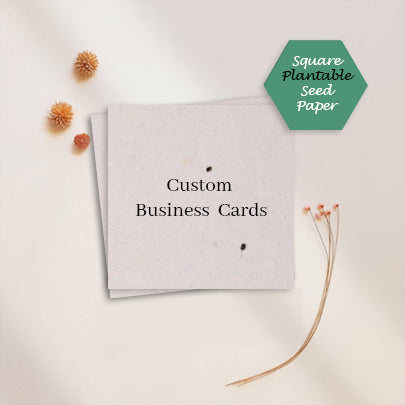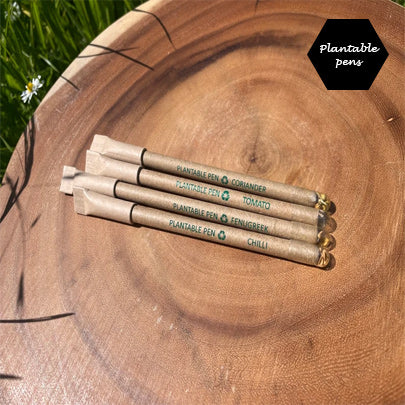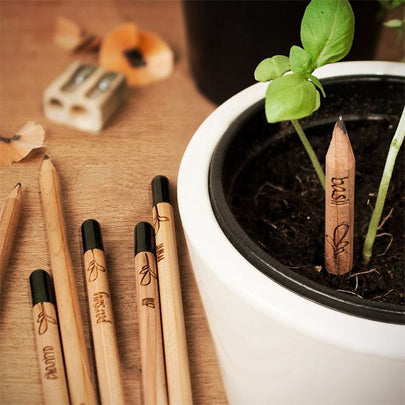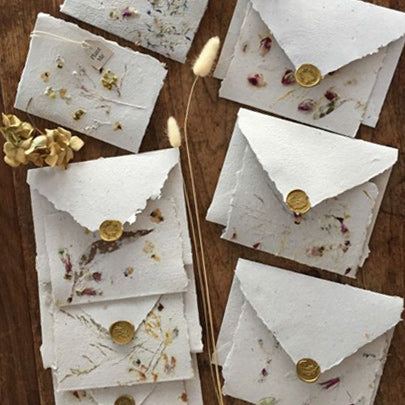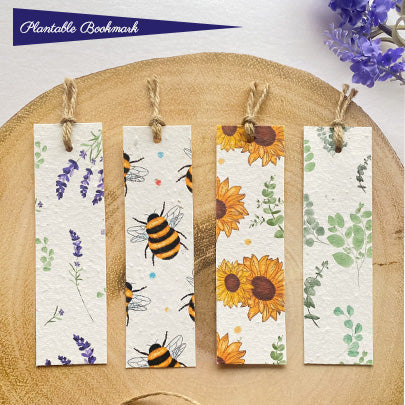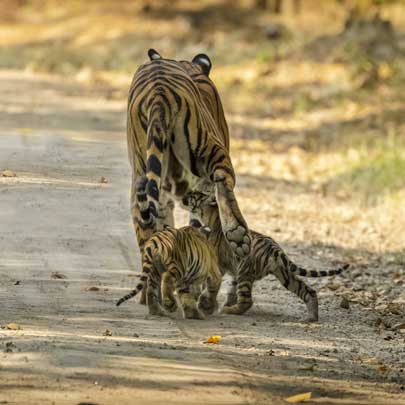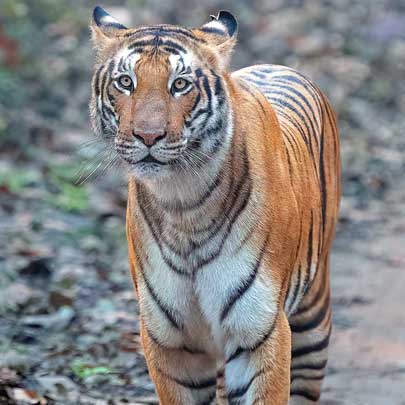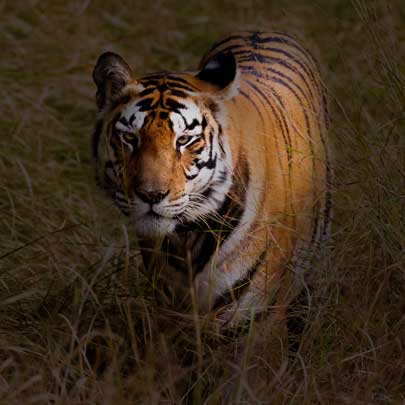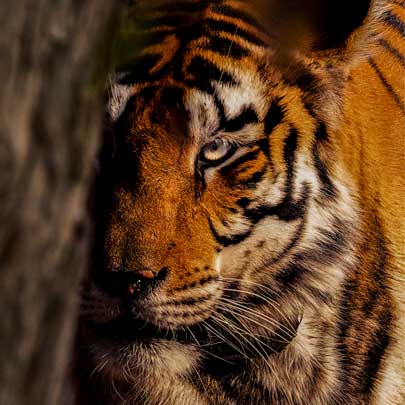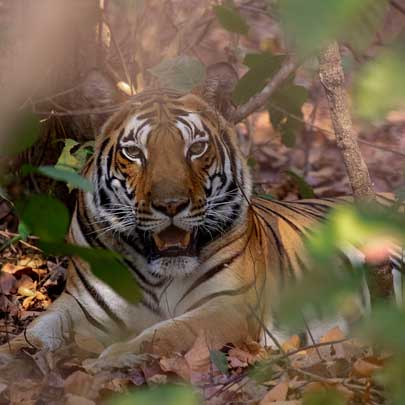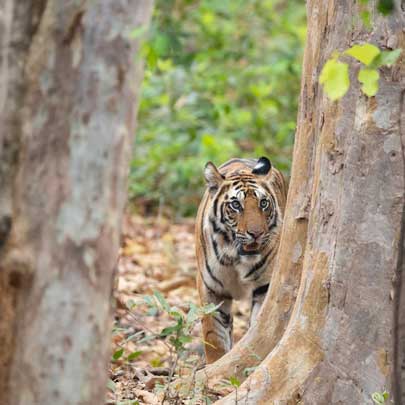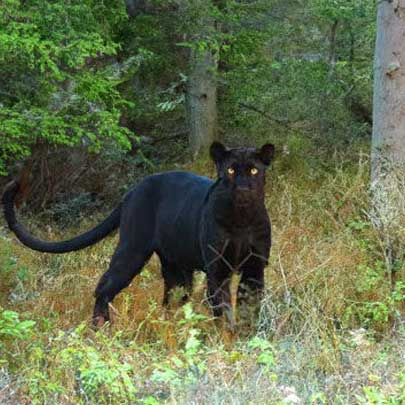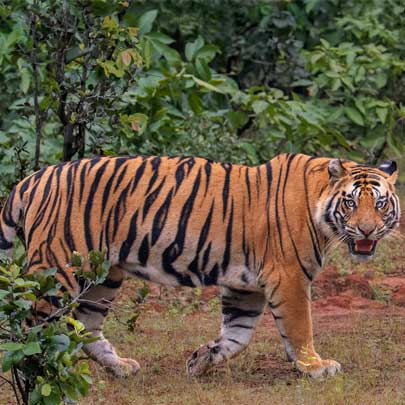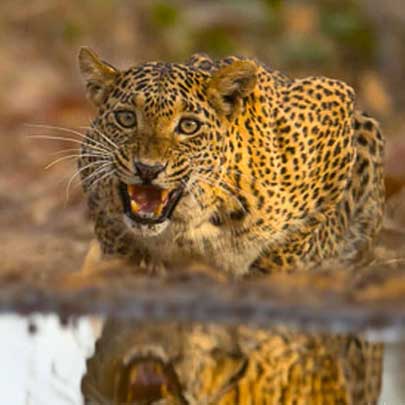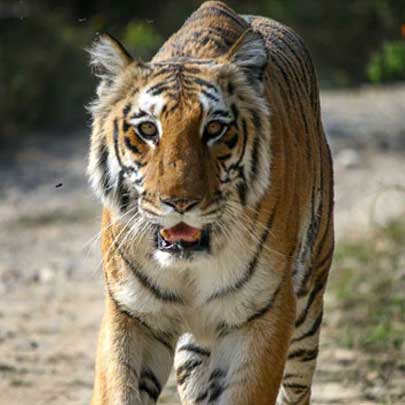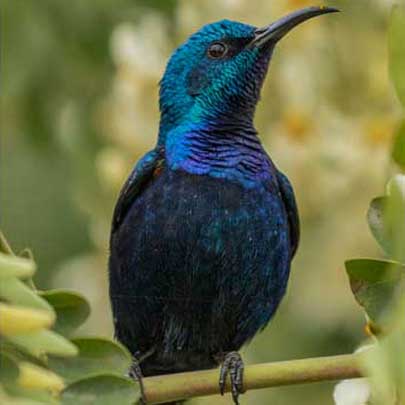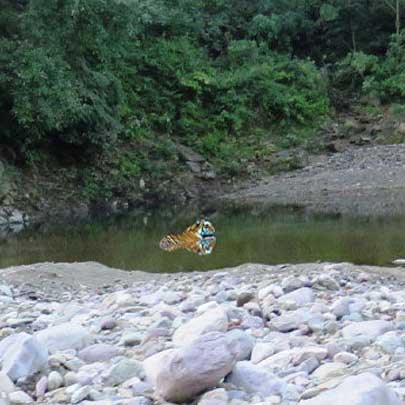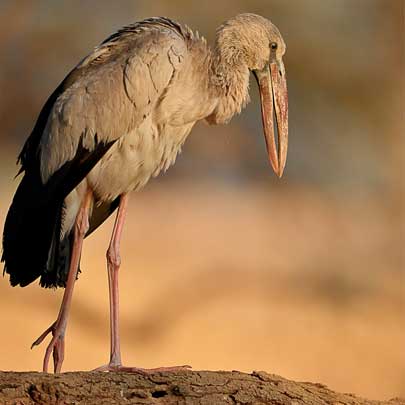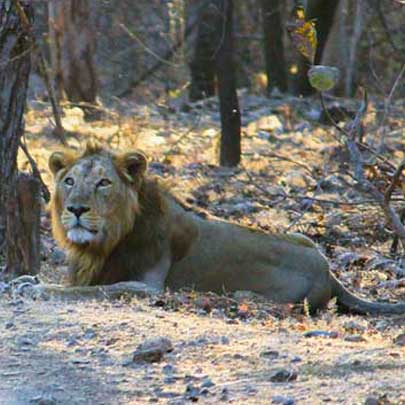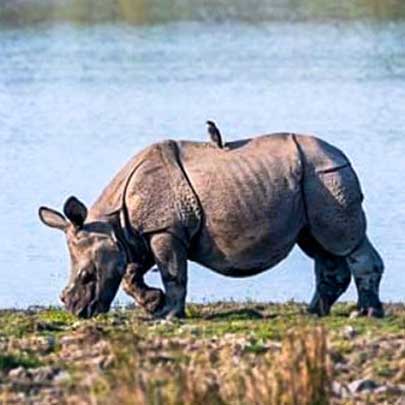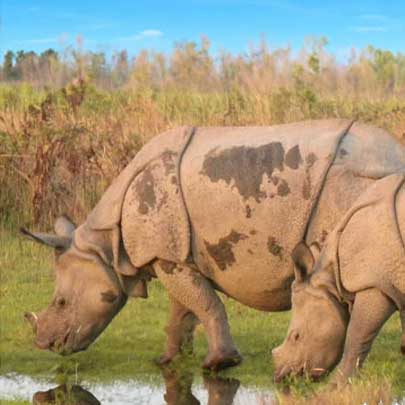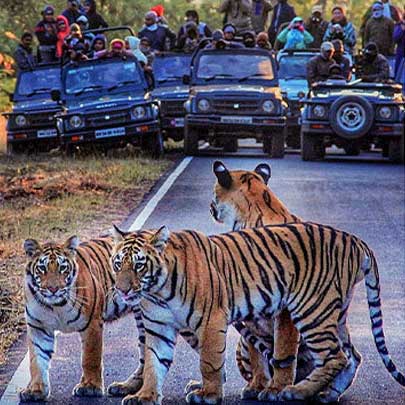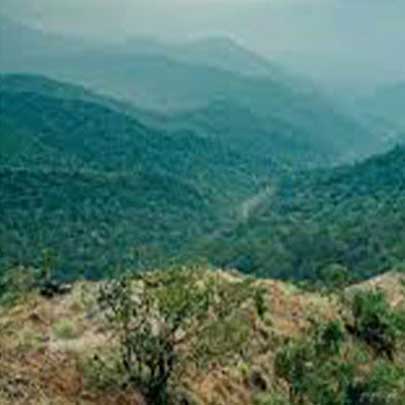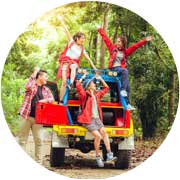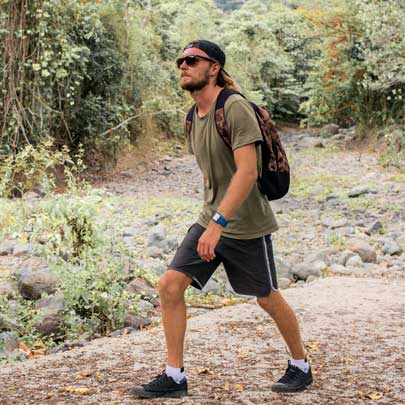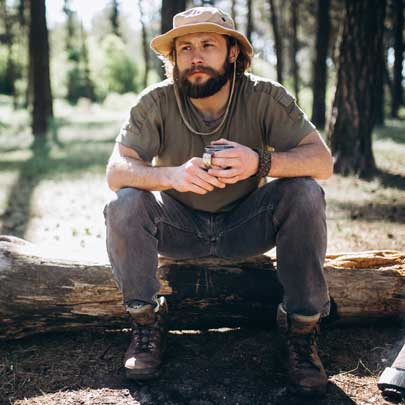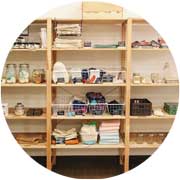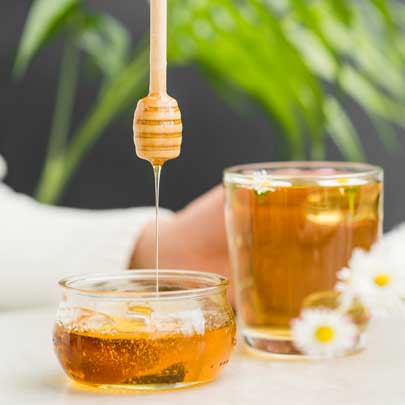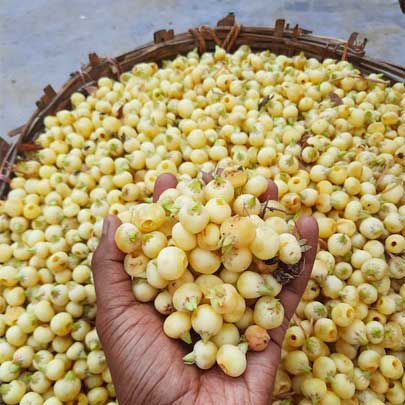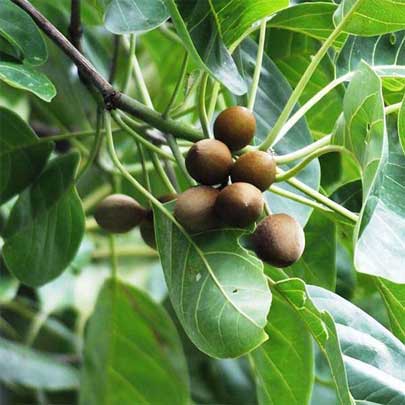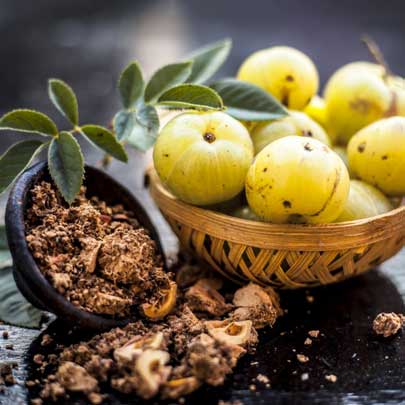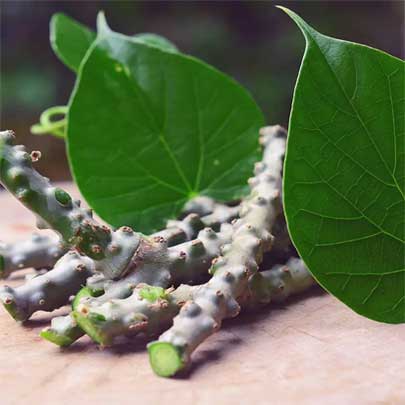Empowering Panna Tribals: Preserving Culture And Promoting Sustainable Livelihoods
The tribals of Panna, located in the heart of Madhya Pradesh, India, are an integral part of the region’s rich cultural tapestry. "These communities, historically marginalized, are now leading various initiatives to preserve their culture and promote sustainable livelihoods. Empowering the Panna tribals is crucial not only for their welfare but also for the conservation of the region's natural and cultural heritage."
1. Understanding Panna Tribals’ Cultural Heritage
The tribal communities in Panna, including the Gonds, Bharias and Baigas, have a deep-rooted connection with their land, traditions, and cultural practices. Their knowledge of local flora and fauna, traditional crafts, music and dance forms constitute a vibrant cultural heritage that needs preservation.
- Traditional Crafts: The Panna tribals are skilled in various crafts, such as pottery, weaving and wood carving. These crafts are not only cultural expressions but also potential sources of income.
- Folk Music and Dance: Their folk music and dance reflect the stories, struggles and joys of their lives. Preserving these art forms is essential for maintaining their cultural identity.

2. Challenges Faced by Panna Tribals
Despite their rich cultural heritage, Panna tribals face numerous challenges:
- Economic Marginalization: Lack of access to education, healthcare and employment opportunities has led to economic hardships.
- Land Rights Issues: Encroachment and lack of clear land rights have displaced many tribal families.
- Cultural Erosion: Modernization and external influences threaten the traditional practices and knowledge of the tribals.
The Wildlense Eco Foundation is a dedicated organization working towards the betterment of the Panna tribals by preserving their cultural heritage and promoting sustainable livelihoods. Here’s a detailed look at how Wildlense Eco Foundation is making a significant impact on the Panna tribal communities:
1. Strategies for Empowerment and Sustainability
Empowering Panna tribals involves a multi-faceted approach that includes cultural preservation, economic development and sustainable practices.
A. Documenting Traditions and Crafts
- Workshops and Training: The foundation conducts workshops where tribal artisans can hone their skills and pass on their knowledge to the younger generation. This helps preserve traditional crafts such as pottery, weaving and wood carving.

- Promotion and Marketing: By organizing exhibitions and participating in cultural festivals, Wildlense Eco Foundation helps showcase and sell tribal art and crafts, thereby preserving these traditions and providing economic benefits.
B. Supporting Folk Music and Dance
- Cultural Events: The foundation organizes cultural events and performances to keep the traditional music and dance forms alive. These events also educate the public about the rich cultural heritage of the Panna tribals.
- Recording and Archiving: Efforts are made to record and archive folk music and dance, ensuring these cultural expressions are preserved for future generations.
2. Economic Development
A. Skill Development and Vocational Training
- Training Programs: The foundation offers training in various vocational skills, including sustainable farming, eco-tourism and craft-making. This empowers the tribals with the skills needed to earn a livelihood.

- Microfinance Initiatives: By providing microfinance opportunities, Wildlense Eco Foundation enables tribals to start small businesses or invest in necessary tools and resources for their trades.
B. Market Access and Fair Trade
- E-commerce Platforms: The foundation helps tribals sell their products online, reaching a wider audience and ensuring they get fair prices for their work through its website wildlense.com.
- Local and National Markets: Through partnerships with local and national markets, Wildlense Eco Foundation facilitates the sale of tribal crafts and organic produce, thus improving their economic conditions.

3. Sustainable Livelihood Projects
A. Eco-Tourism Development
- Community-Run Tourism: The foundation supports community-run eco-tourism initiatives that highlight the natural beauty and cultural richness of Panna. This not only generates income but also promotes environmental conservation.
- Guides and Hospitality Training: Training locals as guides and in hospitality services helps create job opportunities while ensuring visitors have a meaningful and educational experience.
B. Sustainable Agriculture and Agroforestry
- Organic Farming Techniques: The foundation promotes organic farming techniques that improve soil health and yield. Training in these techniques helps tribals achieve food security and generate income sustainably.
- Agroforestry Projects: Implementing agroforestry projects, where trees and crops are grown together, improves biodiversity, enhances the environment and provides multiple sources of income.
Conclusion
Empowering the Panna tribals by preserving their cultural heritage and promoting sustainable livelihoods is essential for their well-being and the region’s biodiversity. Through a combination of cultural preservation, economic development, sustainable practices and community rights advocacy, we can create a model of empowerment that benefits both the tribals and the environment. By embracing their traditions and supporting their sustainable development, we contribute to a more inclusive and sustainable future for all. The Wildlense Eco Foundation is making a significant impact on the Panna tribal communities by addressing their immediate needs and empowering them for the future.









